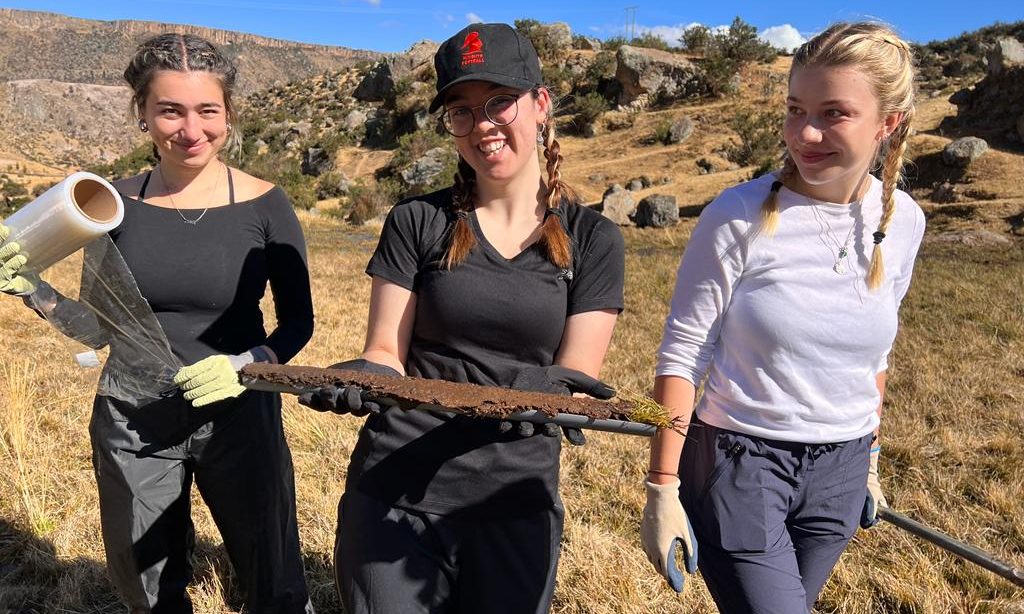University of Reading students are helping Peruvian farmers become more resilient to the impact of climate change thanks to placements in the country supported by the Turing Scheme.
For the past two years groups of Reading undergraduates have travelled to South America with Professor Nicholas Branch to undertake research related to their studies and as part of the wider Climate Resilience and Food Production in the Peruvian Andes (CROPP) project.
The initiative brings together the University of Reading with universities and non-governmental organisations in Peru, Argentina and Colombia and aims to explore the impact of climate change on agriculture in the Andes mountains and how communities there can adapt to meet the challenges and opportunities that it presents.
Hosted by Pontifical Catholic University of Peru in Lima, the Reading students stay in South America for a month and get to network and collaborate with academics and peers, engage with Andean farming communities, carry out field work and collect samples for their own research projects.
Turing Scheme funding made trip possible
Katie Woodcock made the trip in 2022 while studying for a BSc in Environmental Science.
“I completed hands-on fieldwork for my own project and helped in the overall research,” she said. “I had the opportunity to see the country a little too, including visiting Machu Picchu and the Nazca Lines.
“The experience was absolutely incredible, I learned so much and gained a passion for research. Despite some difficulties such as illness and adverse conditions, I still enjoyed every second.
“Academically, it greatly boosted the quality of my dissertation – it allowed for some incredible research to be completed producing a truly interesting project. It also allowed me to gain experience in the lab which led me to work as a technical assistant for a company within the university.
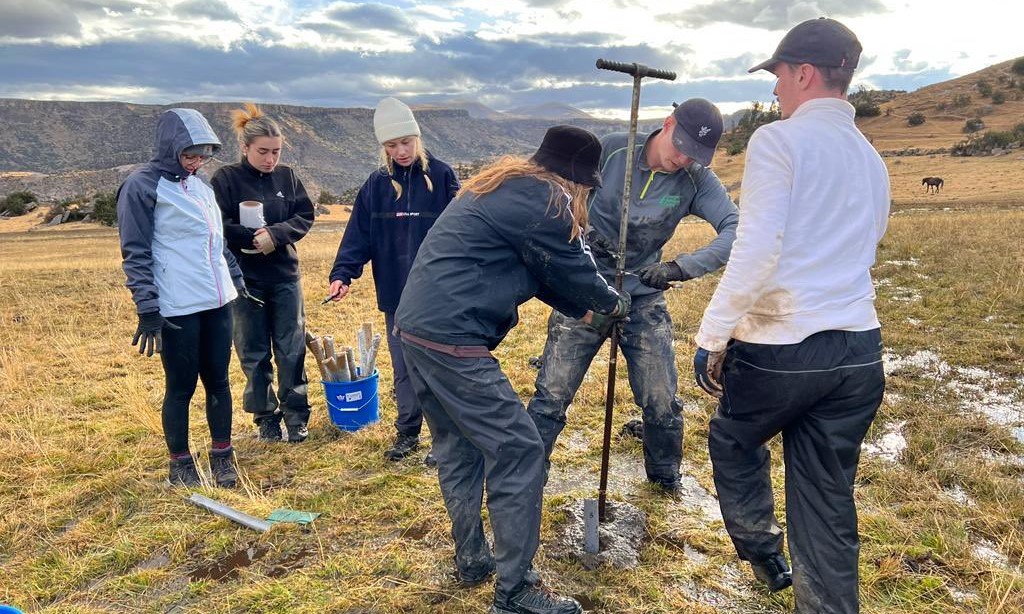
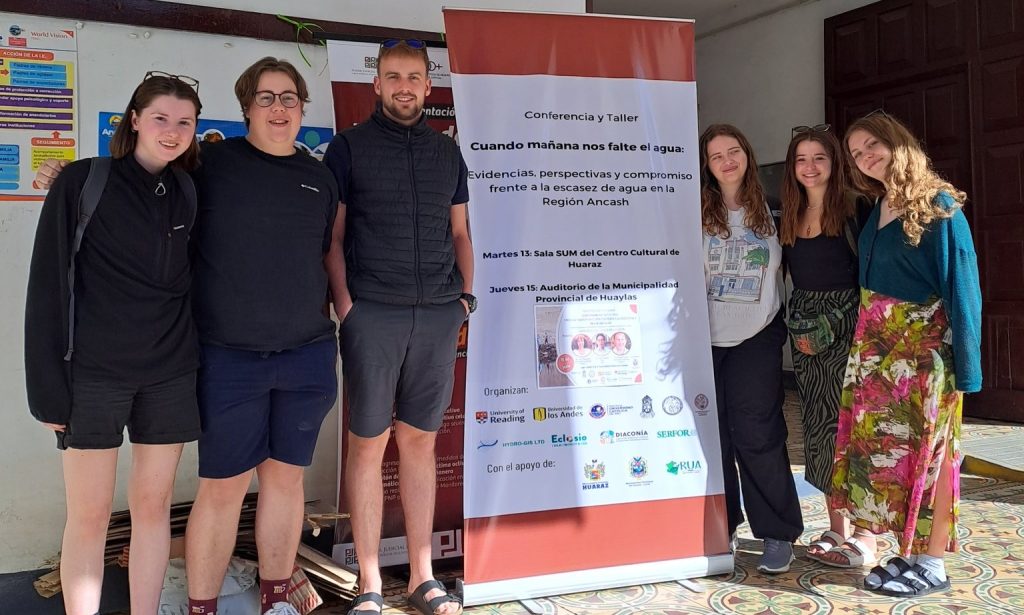
“I also grew personally from the experience as it was the longest and furthest I’d ever been away from home. I learned that I can overcome challenges and it helped me become more resilient and adaptable to different situations too.
“The Turing Scheme was essential for my trip to Peru as it would not have been possible without the funding provided. As it’s means-tested I was provided with enough money to cover the majority of expenses for the trip.
“It allowed me to complete my dissertation to a high standard, giving me the confidence to apply for a Master’s degree, which I have since been accepted to.”
Geography (Human and Physical) BSc student Hannah Horlock, who travelled in 2023, believes the experience strengthened her understanding of her subject and that her dissertation will be better as a result.
“I felt that having this first-hand experience in such a unique location meant that I was much more engrossed in my topic and I will be able to write my dissertation with more enthusiasm,” she said.
Enriching experience, personally and academically
“Being able to involve myself in the actual culture, collect the data myself and speak to the farmers in their own language really gave me a better insight into things and I think I’ll be able to draw better conclusions and get a better understanding of the research.”
A key aspect of the trip for Hannah was the opportunity to practice her Spanish.
“I’ve been learning Spanish since secondary school and have kept it up,” she said. “Having five weeks in Peru gives you so much more time to get comfortable with the language and so many more opportunities to speak it and have conversations.
“At the start of our stay I was a bit more apprehensive about using it but by the end I was much more confident to start speaking to somebody and know that we’d be able to understand each other.”
“It’s great that we can draw upon this team of undergraduate students for the CROPP project thanks to the Turing Scheme support,” said Professor Branch, Joint Head of Department for Geography and Environmental Science at Reading.
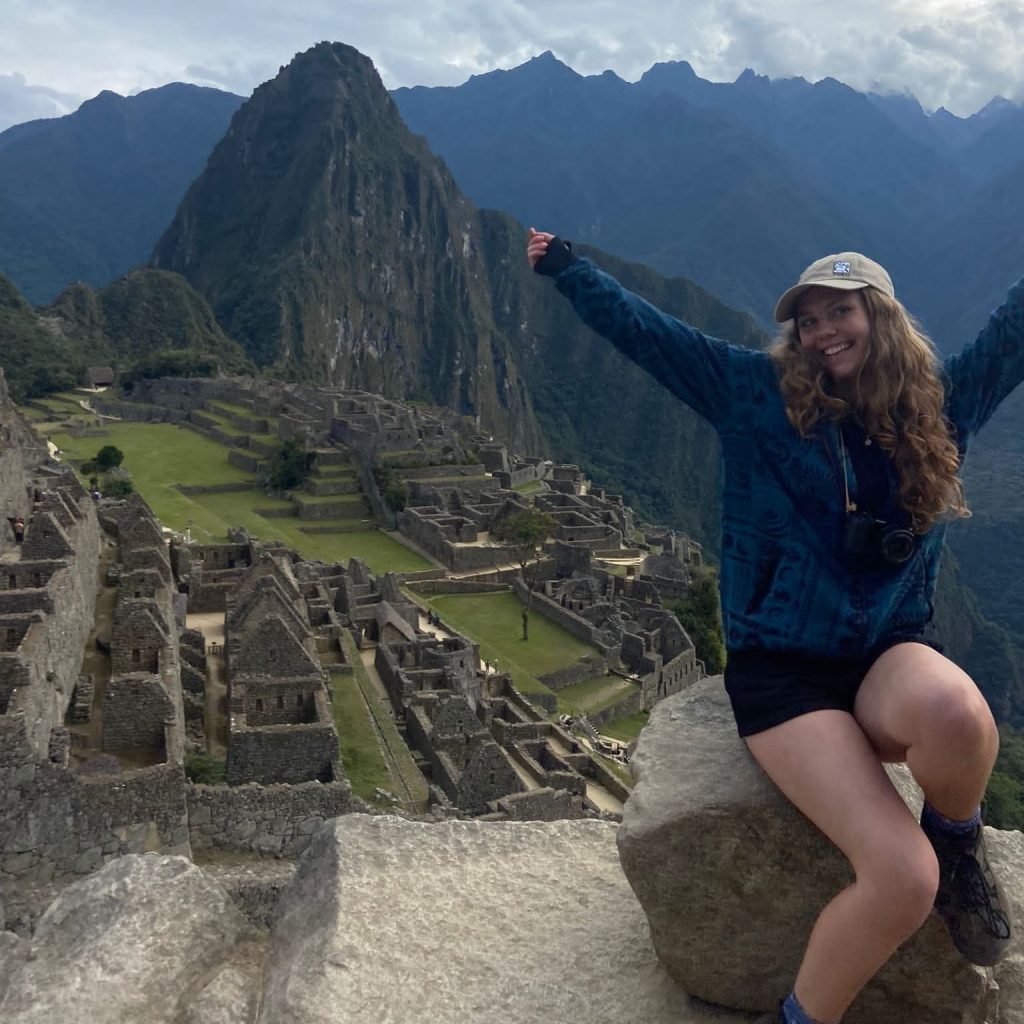
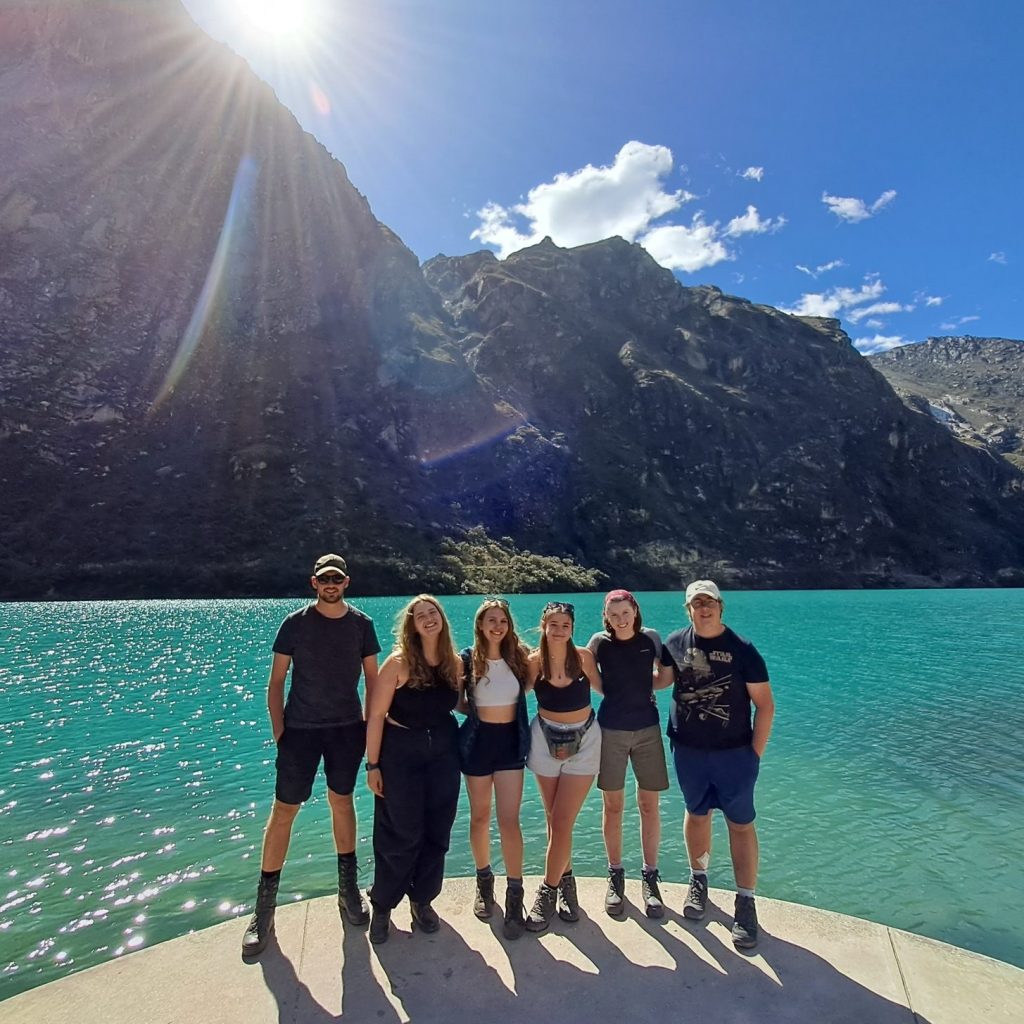
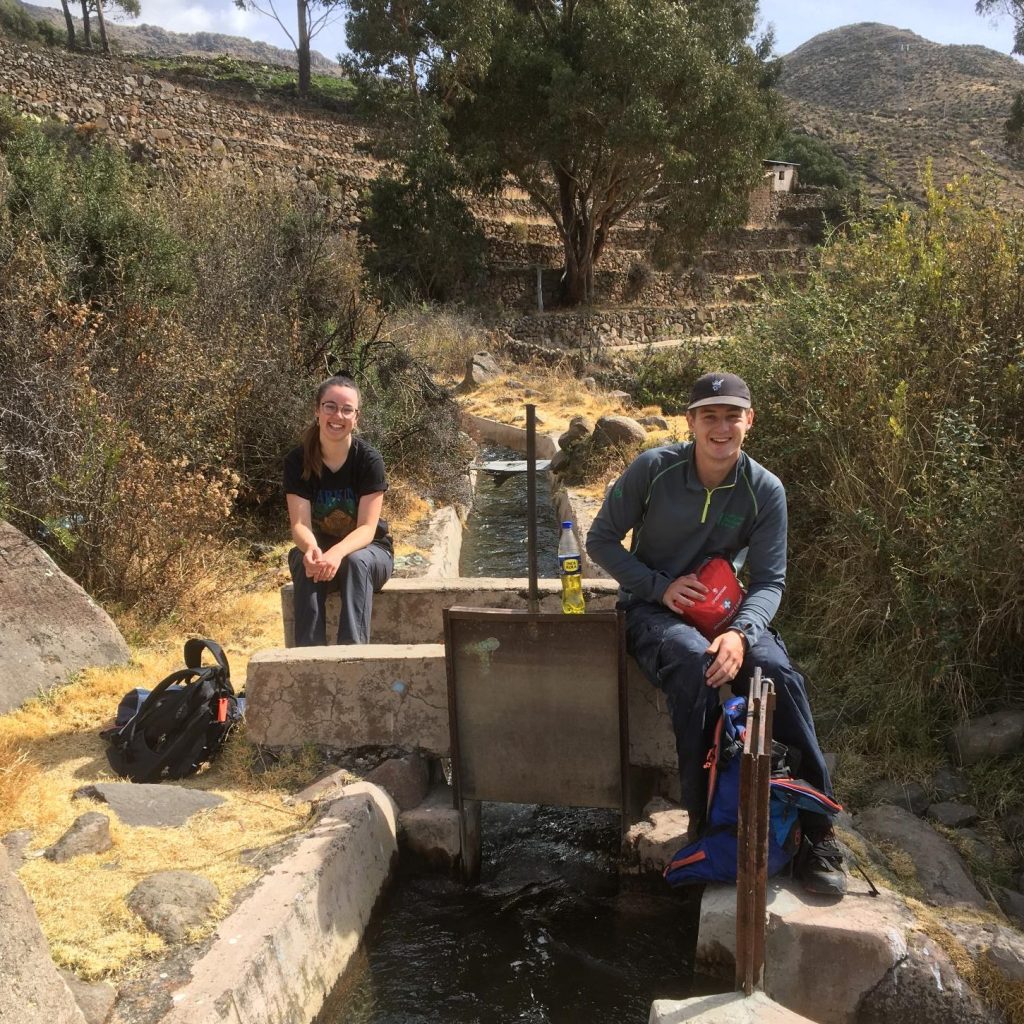
“They’ve absolutely loved the experience and it has been enriching for them both personally and academically.
“When they come back to Reading they are delighted to be student ambassadors at various outreach events and open days to do with student recruitment. As a Geography and Environmental Science department we benefit greatly in that respect.”
Marcus Dowse, Head of Mobility at the University of Reading, said: “We are grateful that the Turing Scheme provides welcomed and needed financial support that has helped many of our students have international experiences which might not have otherwise been possible.
“Currently many students do not have the financial means to participate and this funding is helping students realise what can often be long-held dreams. These international experiences deliver long-term positive legacies, and it is evident that students grow and develop in confidence, knowledge, and personal and global awareness.”
Find out more about higher education funding opportunities with the Turing Scheme


